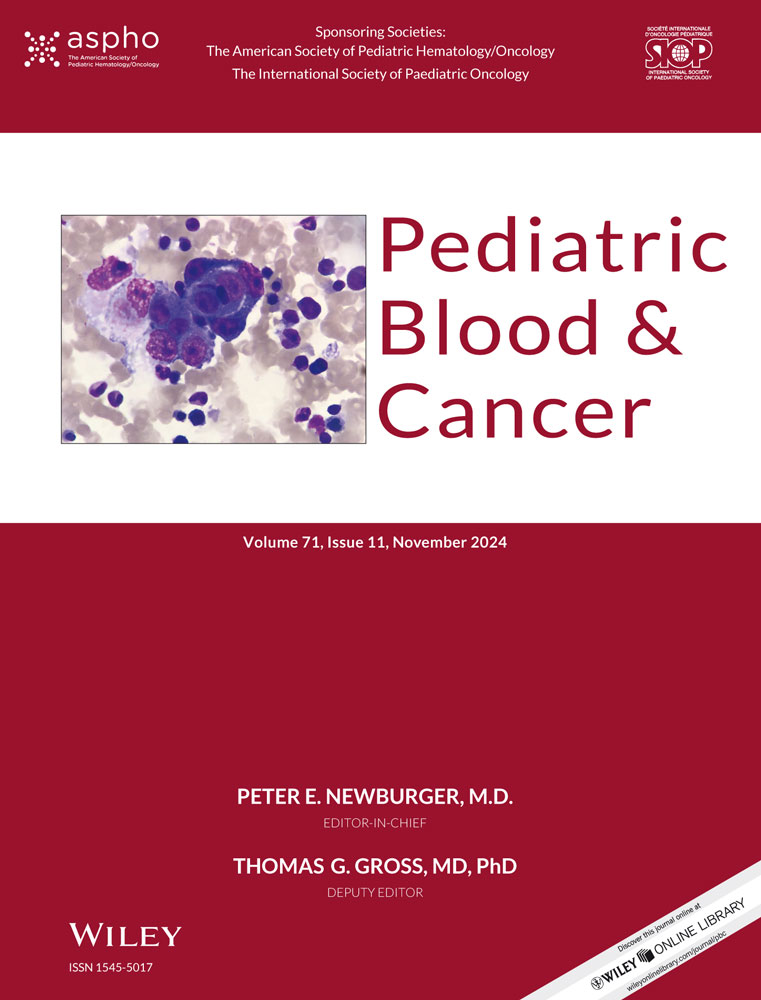Storytelling to support legacy making for bereaved parents of children with cancer
Prior presentation: Previously published as meeting abstract: Storytelling to support legacy making for bereaved parents of children with cancer. ASPHO 04/06/2024. ASPHO Conference Papers and Posters. Pediatr Blood Cancer, 71: e30977. https://doi.org/10.1002/pbc.30977
Abstract
Honoring a child's legacy is an essential aspect of meaning-making for bereaved parents, yet little is known about storytelling as a mechanism. Through narrative analysis of 19 bereaved parent interviews focused on legacy, we examined the role of storytelling in creating and sustaining legacy. Most participants (89%) told stories centered around the child's impact and parent's coping, including the child's character and interpersonal relationships during and after their lifetime as well as how the child's legacy influenced parents’ grief experiences. Future research is needed to explore the potential impact of storytelling initiatives to support legacy-making for bereaved caregivers.
CONFLICT OF INTEREST STATEMENT
The authors declare no conflicts of interest.




